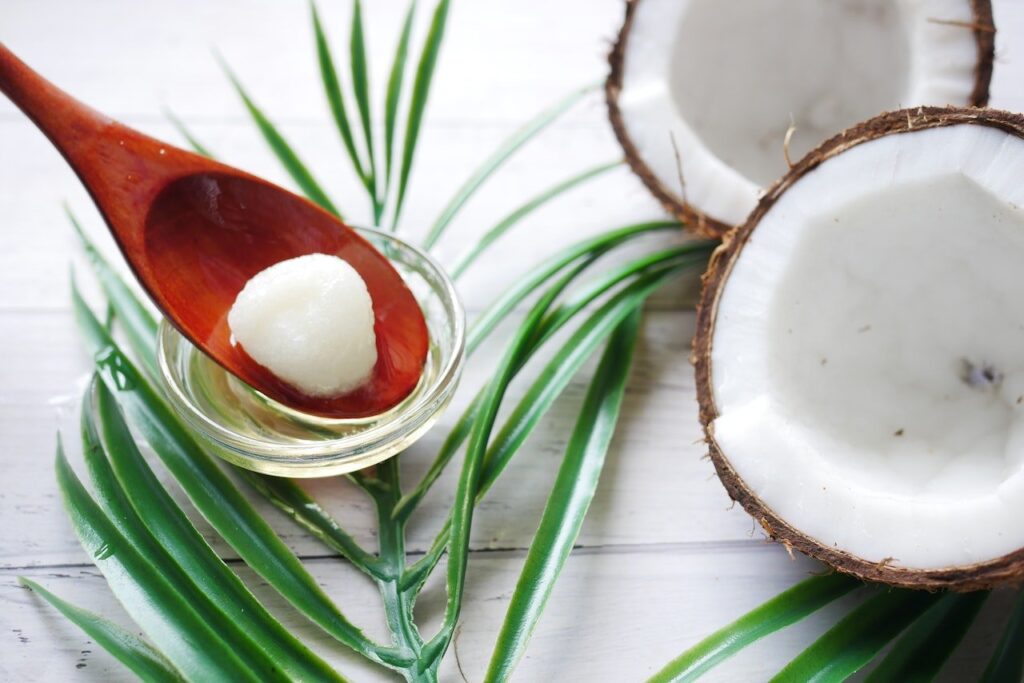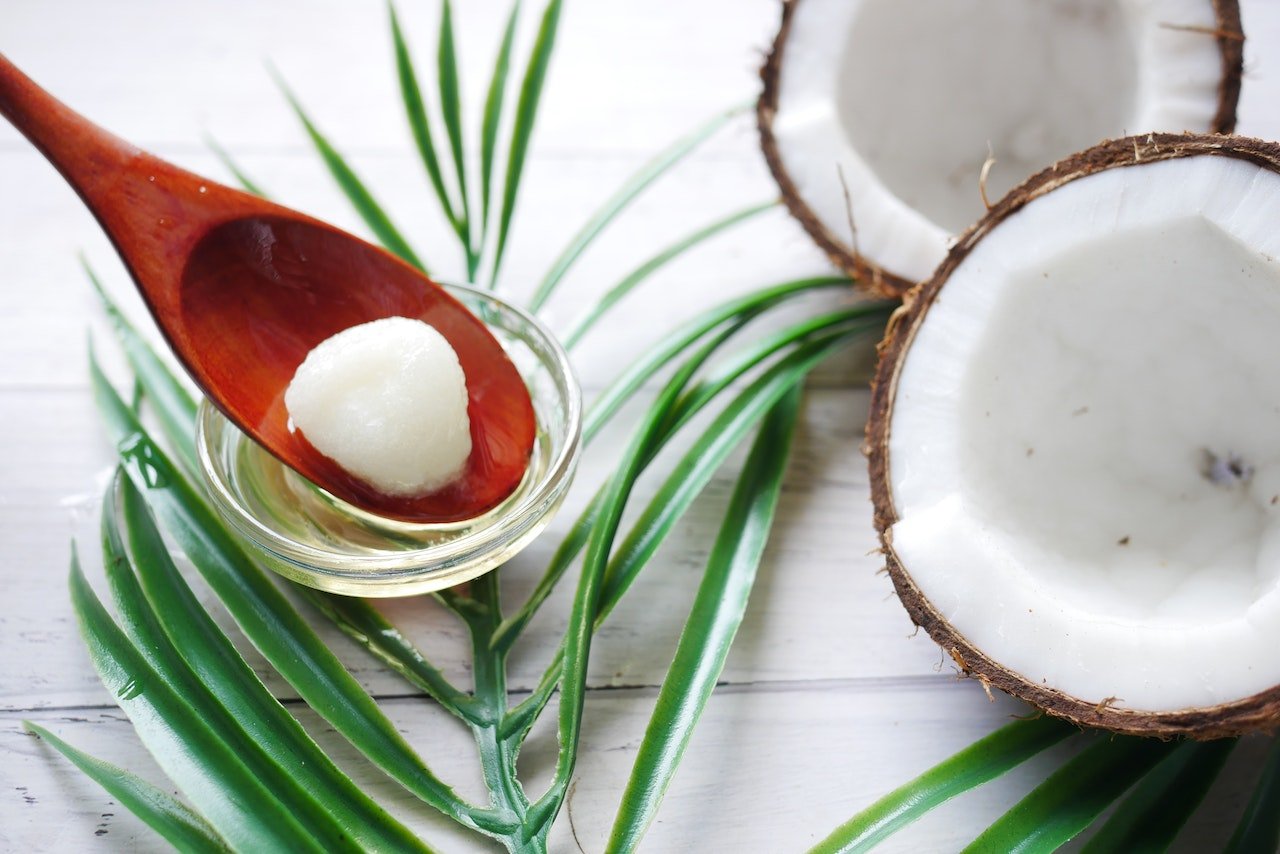
Coconut Oil for Oil Swishing: A Comprehensive Guide to Benefits and Practices
Oil swishing, an ancient Ayurvedic practice, has gained significant popularity in recent years as a natural method for improving oral hygiene and overall health. Among the various oils used for this practice, coconut oil for swishing stands out due to its pleasant taste, antimicrobial properties, and availability. This article delves into the benefits, practices, and scientific evidence surrounding the use of coconut oil for swishing, providing a comprehensive guide for those interested in incorporating this technique into their daily routine.
What is Oil Swishing?
Oil swishing, also known as oil pulling, involves swishing a tablespoon of oil in your mouth for approximately 15-20 minutes and then spitting it out. The practice is believed to draw out toxins, bacteria, and other impurities from the mouth, promoting better oral health and potentially offering various systemic benefits. While sesame oil was traditionally used in Ayurvedic medicine, coconut oil for swishing has become a preferred choice for many due to its numerous advantages.
Why Coconut Oil? The Benefits of Using Coconut Oil for Swishing
Coconut oil for swishing offers several compelling advantages over other oils, making it a popular choice for this practice:
- Antimicrobial Properties: Coconut oil is rich in lauric acid, a medium-chain fatty acid known for its potent antimicrobial properties. Lauric acid can help kill bacteria, viruses, and fungi in the mouth, reducing the risk of infections and improving oral hygiene.
- Plaque Reduction: Studies have shown that coconut oil for swishing can effectively reduce plaque formation and gingivitis. The oil helps to loosen and remove plaque and bacteria from the teeth and gums, promoting healthier gums and fresher breath.
- Cavity Prevention: By reducing the number of harmful bacteria in the mouth, coconut oil for swishing can help prevent tooth decay and cavities. The antimicrobial properties of coconut oil create an environment less conducive to the growth of cavity-causing bacteria.
- Fresher Breath: Bad breath, or halitosis, is often caused by bacteria in the mouth. Coconut oil for swishing can help eliminate these odor-causing bacteria, resulting in fresher breath.
- Anti-inflammatory Effects: Coconut oil possesses anti-inflammatory properties that can help reduce inflammation in the gums and alleviate symptoms of gingivitis. This can contribute to overall improved oral health.
- Pleasant Taste: Unlike some other oils, coconut oil for swishing has a mild and pleasant taste, making the practice more enjoyable and easier to incorporate into your daily routine.
How to Swish with Coconut Oil: A Step-by-Step Guide
To effectively use coconut oil for swishing, follow these simple steps:
- Choose the Right Coconut Oil: Opt for virgin or extra-virgin coconut oil for swishing, as these types are less processed and retain more of their natural beneficial properties.
- Measure the Oil: Take approximately one tablespoon of coconut oil for swishing.
- Swish Gently: Place the oil in your mouth and gently swish it around, ensuring it reaches all areas of your mouth, including between your teeth and along your gums.
- Swish for 15-20 Minutes: Continue swishing for 15-20 minutes. It is important to maintain a gentle swishing motion and avoid swallowing the oil, as it will contain toxins and bacteria.
- Spit Out the Oil: After the swishing period, spit the oil into a trash can or container. Avoid spitting it into the sink or toilet, as the oil can solidify and clog the drains.
- Rinse Your Mouth: Rinse your mouth thoroughly with warm water.
- Brush Your Teeth: Brush your teeth as usual to remove any remaining oil and bacteria.
When to Swish: Incorporating Coconut Oil Swishing into Your Routine
The best time to practice coconut oil for swishing is typically in the morning before brushing your teeth. This allows you to remove bacteria and toxins that have accumulated overnight. However, you can also perform oil swishing at other times of the day, as long as you do it on an empty stomach or at least a few hours after eating.
Scientific Evidence: What the Research Says
While traditional medicine has long touted the benefits of oil swishing, modern scientific research is beginning to support these claims. Several studies have investigated the effects of coconut oil for swishing on oral health:
- Plaque and Gingivitis Reduction: A study published in the Nigerian Medical Journal found that coconut oil for swishing significantly reduced plaque formation and gingivitis in participants. The study concluded that coconut oil could be a safe and effective adjunct to traditional oral hygiene practices.
- Streptococcus Mutans Reduction: Research published in the Journal of Contemporary Dental Practice demonstrated that coconut oil for swishing was as effective as chlorhexidine mouthwash in reducing Streptococcus mutans, a primary bacteria responsible for tooth decay.
- Halitosis Improvement: A study in the International Journal of Oral Health found that coconut oil for swishing significantly reduced halitosis and improved oral hygiene in participants.
These studies provide evidence that coconut oil for swishing can indeed offer tangible benefits for oral health. However, it is important to note that more research is needed to fully understand the long-term effects and potential systemic benefits of this practice.
Potential Side Effects and Precautions
While coconut oil for swishing is generally considered safe, there are a few potential side effects and precautions to keep in mind:
- Detox Symptoms: Some individuals may experience mild detox symptoms, such as headaches or fatigue, when they first start oil swishing. These symptoms are usually temporary and subside as the body adjusts.
- Allergic Reactions: Although rare, some people may be allergic to coconut oil. If you experience any allergic symptoms, such as rash, itching, or swelling, discontinue use immediately.
- Choking Hazard: It is crucial to avoid swallowing the oil, as it contains toxins and bacteria. Supervise children and individuals with difficulty swallowing when they are practicing oil swishing.
- Not a Replacement for Traditional Oral Hygiene: Coconut oil for swishing should not be considered a replacement for brushing, flossing, and regular dental check-ups. It is best used as a complementary practice to enhance your overall oral hygiene routine.
Choosing the Right Coconut Oil for Swishing
When selecting coconut oil for swishing, it is important to choose a high-quality product. Look for virgin or extra-virgin coconut oil, as these types are minimally processed and retain more of their natural beneficial compounds. Ensure that the oil is unrefined and free from additives or chemicals.
Beyond Oral Health: Potential Systemic Benefits
While the primary focus of coconut oil for swishing is oral health, some proponents suggest that it may offer various systemic benefits as well. These potential benefits are largely attributed to the reduction of inflammation and detoxification of the body:
- Improved Skin Health: Some individuals report improved skin health and reduced acne after incorporating oil swishing into their routine. This may be due to the reduction of inflammation and toxins in the body.
- Enhanced Immune System: By reducing the bacterial load in the mouth, coconut oil for swishing may help strengthen the immune system and reduce the risk of infections.
- Reduced Inflammation: The anti-inflammatory properties of coconut oil may help reduce inflammation throughout the body, potentially alleviating symptoms of various inflammatory conditions.
However, it is important to note that these potential systemic benefits are largely anecdotal and require further scientific investigation.
Conclusion: Is Coconut Oil Swishing Right for You?
Coconut oil for swishing is a simple, natural, and potentially effective method for improving oral hygiene and overall health. With its antimicrobial, anti-inflammatory, and plaque-reducing properties, coconut oil for swishing can be a valuable addition to your daily routine. While more research is needed to fully understand its long-term effects and potential systemic benefits, the existing evidence suggests that it can be a safe and beneficial practice for many individuals. If you are looking for a natural way to enhance your oral health and potentially improve your overall well-being, consider incorporating coconut oil for swishing into your daily routine. Remember to consult with your dentist or healthcare provider before making any significant changes to your oral hygiene practices, especially if you have any underlying health conditions. [See also: Benefits of Oil Pulling] [See also: Natural Ways to Improve Oral Health] [See also: Coconut Oil Uses and Benefits]

